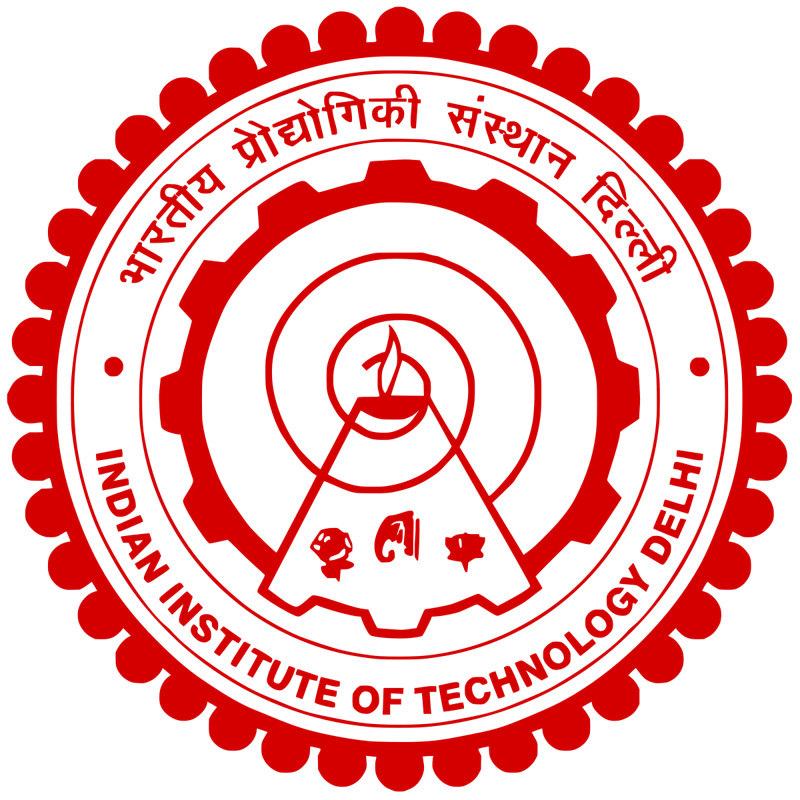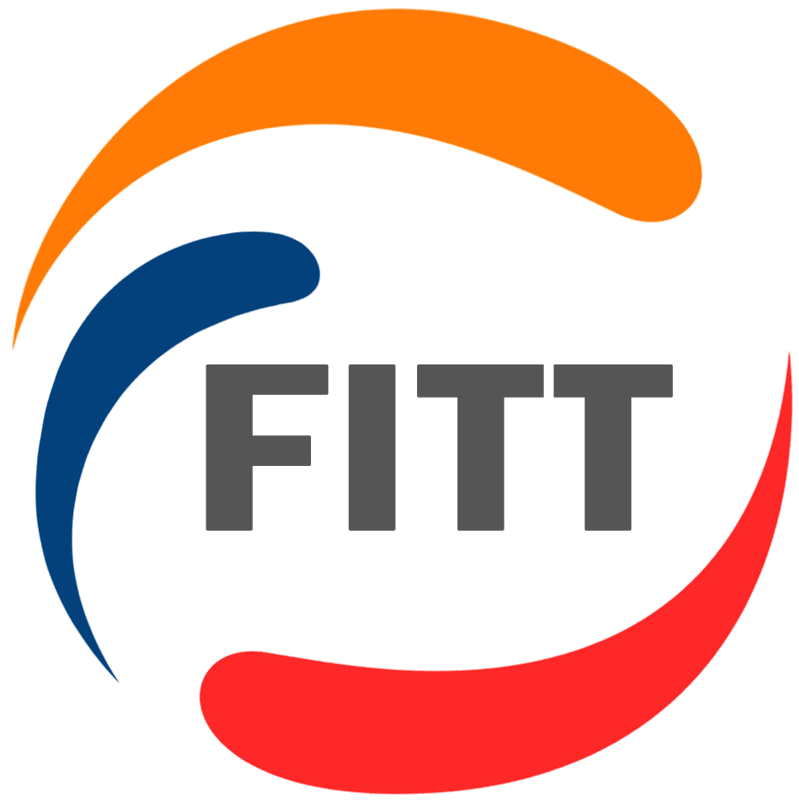Problem:
Athletes, coaches, stadium managers, and fans all seek more intelligent, real-time, and personalized experiences in sports. However, current systems often fall short—athletes lack deep body analytics, coaches can’t access holistic performance data, stadiums remain manually operated, and fan engagement is passive and generic.
Challenges:
- Ensuring low-latency, accurate, and synchronized biometric and motion data capture.
- Designing sport-specific, lightweight, durable wearables.
- Building AI models that deliver actionable insights from diverse real-time data streams.
- Handling privacy, consent, and secure storage of athlete data.
- Retrofitting existing stadiums with automation and computer vision tech.
- Creating immersive, personalized fan experiences that scale.
- Making elite technology accessible to grassroots players and smaller clubs.
Areas of Innovation:
- AI-powered smart wearables for tracking hydration, fatigue, joint movement, sleep, and neuromuscular activity.
- Biomechanical & performance analytics platforms for injury prediction, personalized training, and recovery optimization.
- Digital twins for stadiums to simulate and manage infrastructure, energy, and crowds.
- Computer vision systems for crowd control, player movement mapping, and referee support.
- AR/VR-based fan engagement platforms with real-time stats, alternate views, and fantasy integrations.
- Low-cost performance tech for non-elite sports ecosystems and academies.











